National Farmer Wellbeing survey: Urgent call to boost rural mental health services
Farmer wellbeing has been thrust into the spotlight by stark results from a national survey of 1338 primary producers.
Farmers are calling for more dedicated mental health services in regional and rural Australia, amid lengthy waits for potentially lifesaving appointments.
Results of a survey released today indicate one in seven of the Australian farmers who responded have attempted suicide or self-harm over the past five years, while almost a third say their mental health has declined in the past three years.
The National Farmer Wellbeing Report – commissioned by dairy co-operative Norco and the National Farmers’ Federation – surveyed more than 1300 farmers nationally.
Though participation was voluntary, it sheds a light on the challenges some farmers are experiencing.
It has prompted calls for governments to re-examine how they provide services in the regions, with farmers and psychologists saying farmers could be better served by health professionals coming on farm.
“I want funding going ... to people and organisations that understand the sector we’re working in,” Warragul dairy farmer Joe Meggetto said.
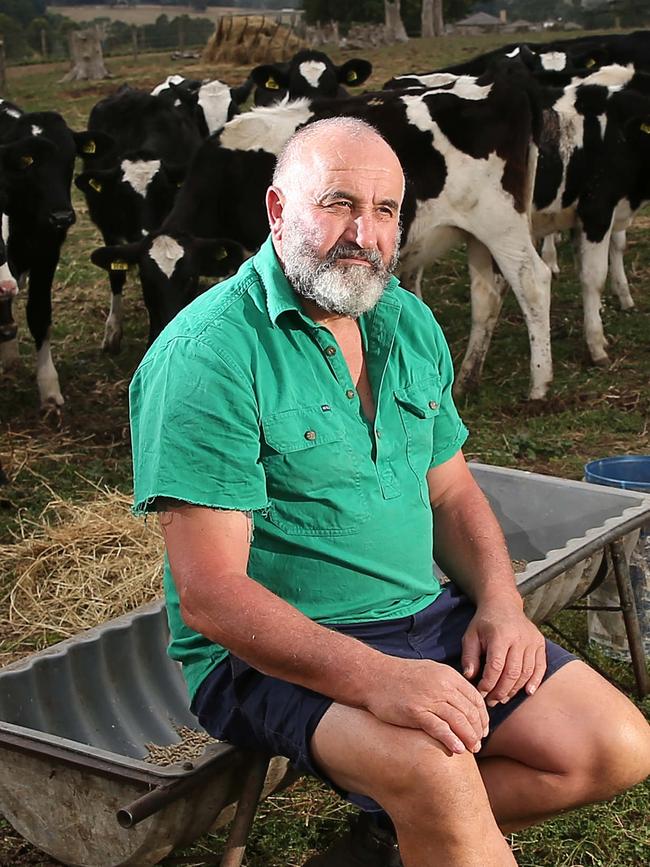
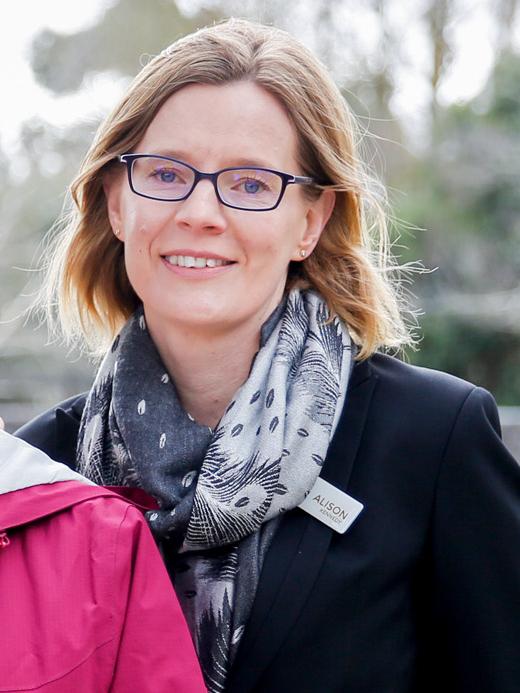
National Centre for Farmer Health director Dr Alison Kennedy said more investigation was needed into the causes of mental health issues in rural communities.
“Overall the survey needs to be looked at to better understand those results in a more holistic way, then some decision would be required about what needs to be done next,” she said.
Mr Meggetto has experienced mental health struggles in the past, and said support services tailored to rural communities was essential.
“I went to different organisations, and it’s very hard to go and see those people. It’s out of your comfort zone, you’re embarrassed to do it ... it’s not going to flow if I go to Melbourne to see a psychologist who’s never had cow s--t on their boots,” he said.
The survey found 15 per cent of farmers had attempted self-harm or suicide in the past five years. This number rose to almost half (49 per cent) among farmers aged 25 to 34.
The most significant factors affecting mental health in the past five years were weather and natural disasters (reported by 47 per cent of surveyed farmers), followed by financial stress or troubles (36 per cent) and inflation and cost pressures (35 per cent).
Two in five farmers said “rising input costs” kept them up at night – more than any other issue.
RURAL LEADERS CALL FOR BETTER SUPPORT
National Farmers’ Federation vice-president David Jochinke said he had personally experienced the stress of drought and had three friends and acquaintances take their own lives.
Mr Jochinke also had two friends attempt suicide and witnessed the challenges they faced trying to get better, including journeys of more than 2½ hours to access services.
He said he thought the stigma around mental health was decreasing, and farmers were more aware of services such as Beyond Blue – but there was still “a huge gap” in reaching the next step of talking about it with friends and accessing services.
“We want to have a national approach to this and make sure both the states and federal government have this on their radar and are ensuring the services are in the right locations so they can be deployed in a timely manner,” he said.
“That can be as simple as making sure you can get telehealth psychiatrists and not have to wait weeks (for an appointment).”
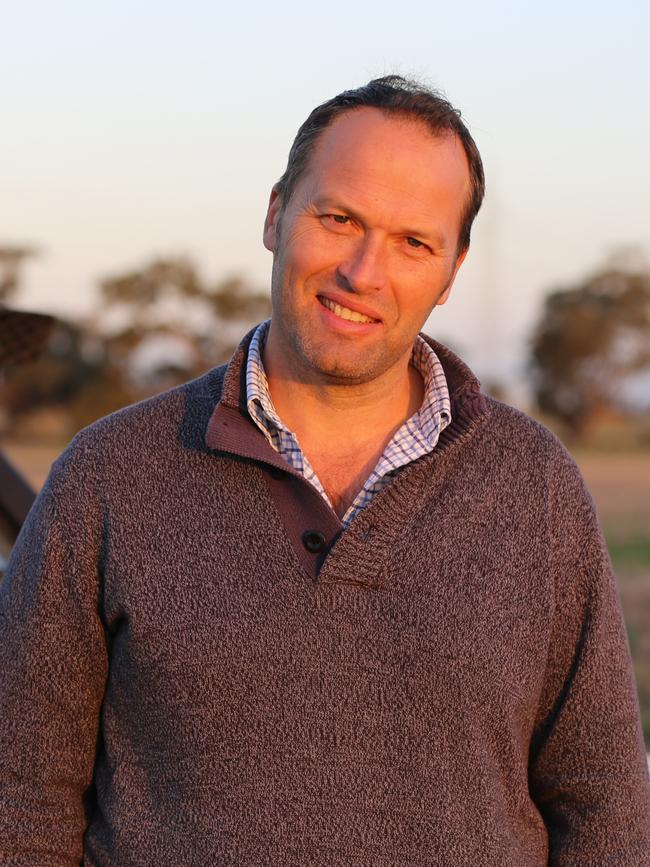
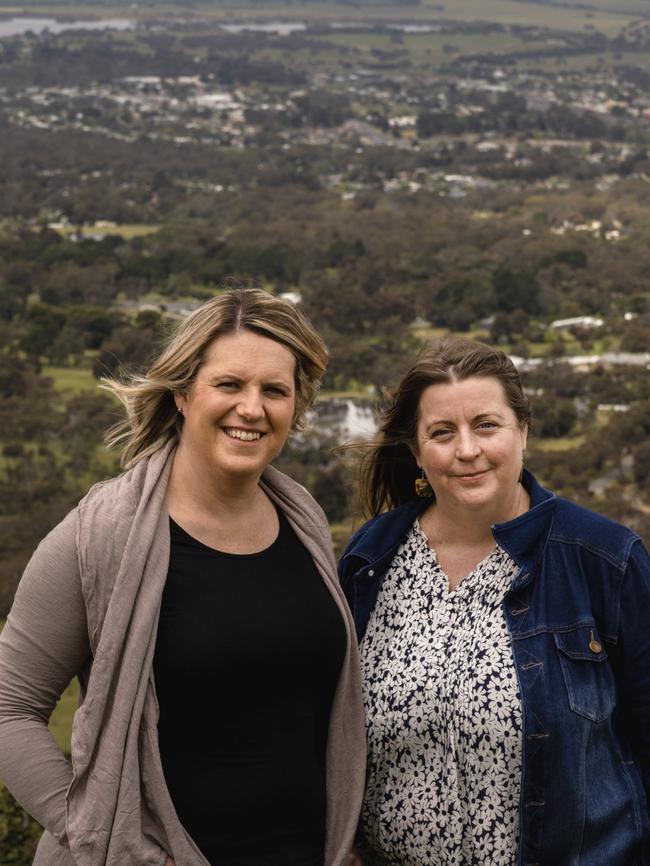
The Australian Psychological Society said while comparatively high rates of depression, alcoholism, self-harm and suicide were found in regional Australia – home to 26 per cent of the population – only two in 10 psychologists worked in the regions.
According to the Australian Institute of Health and Welfare, suicide rates per 100,000 for Australians living in remote areas in 2021 was 21 deaths, in outer regional areas 18 and inner regional 15. The rate in major cities was 10, lower than the national average of 12.
The APS also said the federal government was meeting only 35 per cent of its psychology workforce target and, unlike for general practitioners, there were no relocation incentives for psychologists to move to regional areas.
APS president Catriona Davis-McCabe said there were “countless examples” of people losing their lives because they did not live in a big city and could not access mental health care. “Our farmers and their families are in crisis and the government needs to show leadership and meet this moment – your postcode or credit card should never determine your mental health,” Dr Davis-McCabe said.
Ararat clinical psychologist Carly McKinnis said the federal government’s decision in December to halve Medicare-subsidised psychology sessions from 20 to 10 a year was already having an impact.
“Country people often wait until things are really bad before they come and seek help,” Dr McKinnis said.
“In those situations, 10 sessions is just not enough for us to be able to do the work and to be able to support people in the community.”
She said while “you just have to look at the jobs that are open” to know the regions were struggling to retain mental health specialists, “we are getting a lot more people from the farming community through the door”.
Dr McKinnis plans to reach out to producers who may be reluctant to seek help by visiting rural and remote areas to “provide different ways for our farming community to engage with mental health services.”
National Centre for Farmer Health’s Dr Kennedy said there had also been a rise in loneliness within farming communities.
“Farms are getting bigger and more mechanised, so there are less people on the farms and therefore in communities,” Dr Kennedy said.
BOOTS ON THE GROUND
Norco chief executive Michael Hampson said industry and government had a role in improving the situation.
The farmer-owned co-operative was working to help address the issue by creating mental health champions, who provided support to people in farming communities who might be struggling.
“When it comes to the issue of mental health, we know that farmer-to-farmer support is key, as farmers in need are most likely to open up to a fellow farmer, or someone who understands first-hand the struggles they’re experiencing,” Mr Hampson said.
Norco dairy farmer and crisis counsellor Ross Blanch has been operating a farmer-to-farmer help line established by Lifeline Queensland for the past four years.
He now has regular check-ins with as many as 200 farmers between South Australia and Rockhampton.
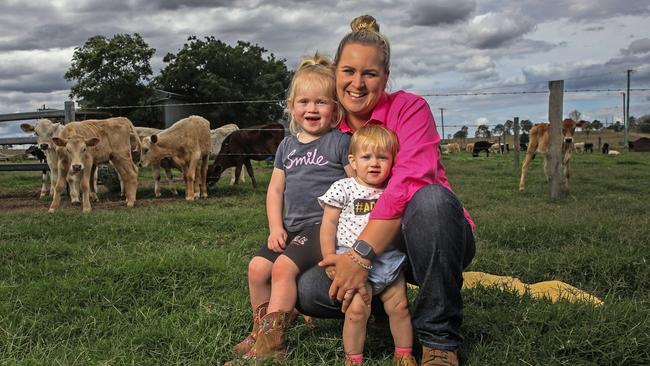
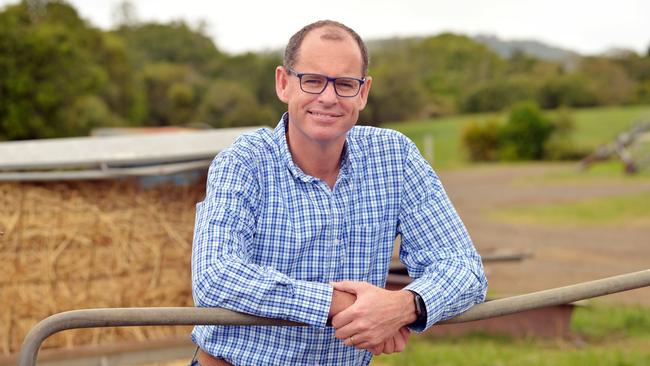
One of Mr Blanch’s regular contacts is calf rearer Stephanie Van der Westen, 28, from Harrisville in Queensland, who worked through post-natal depression with both her daughters, Mai and Ari (now 3 and 1).
“I was first put on to a counsellor but didn’t really connect with them so didn’t go to any more sessions,” she said. “It was a male and they had no background in farming.”
For anyone struggling who wanted to take steps towards improvement, Ms Van der Westen recommended reaching out to a neighbour or a program such as Lifeline’s Farmer to Farmer Crisis Support Line.
“Once you realise you have got an issue, just talk to someone,” she said. “You may realise you are not the only one in the situation.”




